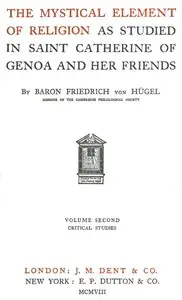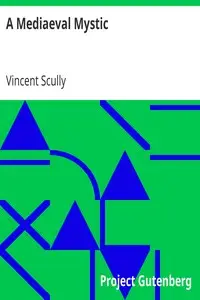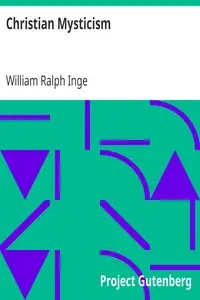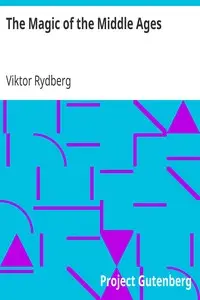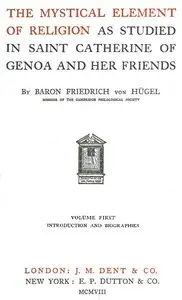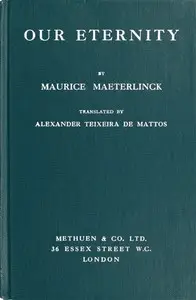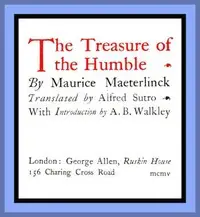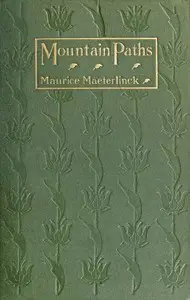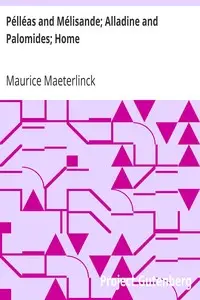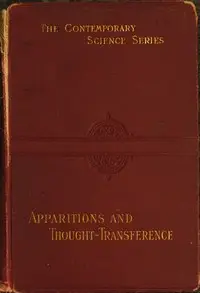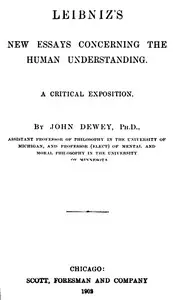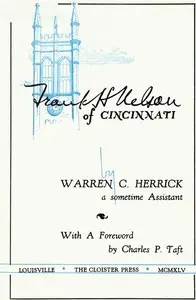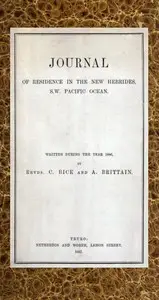"Ruysbroeck and the Mystics: with selections from Ruysbroeck" by Maurice Maeterlinck is a book that examines the writings of Jean von Ruysbroeck, a mystic from the 1300s, and includes excerpts from Ruysbroeck's own writing. This scholarly effort seeks to clarify Ruysbroeck's complex spiritual ideas, which are centered on his intense contemplative practices and thoughts about divine love, within the context of late 19th-century interest in medieval Christian mysticism. It tackles the challenges of understanding Ruysbroeck's mystical theology, especially his ideas about God and the soul's connection to the divine. The book introduces Ruysbroeck's work and the setting in which he wrote, highlighting the difficulty of interpreting his often abstract language that examines the complexities of divine thought, the essence of love, and the mystical merging of the soul with a higher power, while hinting at an investigation into his spiritual vision.
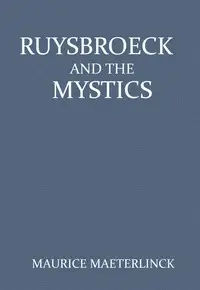
Ruysbroeck and the Mystics: with selections from Ruysbroeck
By Maurice Maeterlinck
Journey into the challenging, abstract, and richly introspective spiritual vision of a 14th-century mystic's theories on divine love and union with God.
Summary
About the AuthorMaurice Polydore Marie Bernard Maeterlinck, also known as Count/Comte Maeterlinck from 1932, was a Belgian playwright, poet, and essayist who was Flemish but wrote in French. He was awarded the Nobel Prize in Literature in 1911 "in appreciation of his many-sided literary activities, and especially of his dramatic works, which are distinguished by a wealth of imagination and by a poetic fancy, which reveals, sometimes in the guise of a fairy tale, a deep inspiration, while in a mysterious way they appeal to the readers' own feelings and stimulate their imaginations". The main themes in his work are death and the meaning of life. He was a leading member of La Jeune Belgique group, and his plays form an important part of the Symbolist movement. In later life, Maeterlinck faced credible accusations of plagiarism.
Maurice Polydore Marie Bernard Maeterlinck, also known as Count/Comte Maeterlinck from 1932, was a Belgian playwright, poet, and essayist who was Flemish but wrote in French. He was awarded the Nobel Prize in Literature in 1911 "in appreciation of his many-sided literary activities, and especially of his dramatic works, which are distinguished by a wealth of imagination and by a poetic fancy, which reveals, sometimes in the guise of a fairy tale, a deep inspiration, while in a mysterious way they appeal to the readers' own feelings and stimulate their imaginations". The main themes in his work are death and the meaning of life. He was a leading member of La Jeune Belgique group, and his plays form an important part of the Symbolist movement. In later life, Maeterlinck faced credible accusations of plagiarism.

